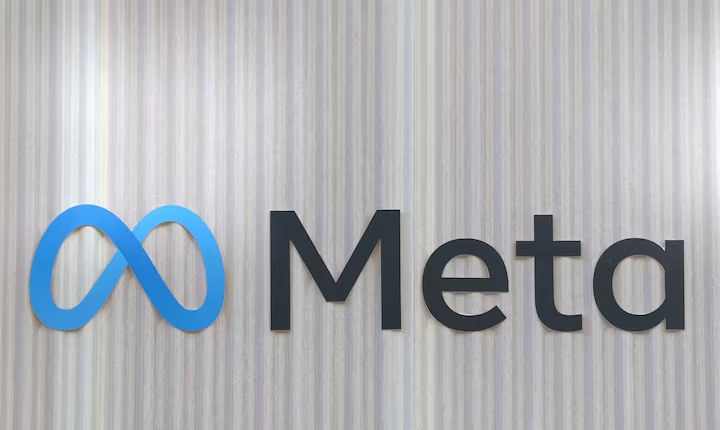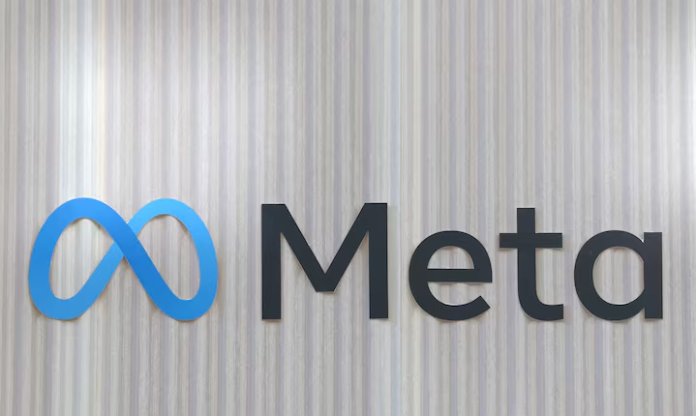As Australia prepares for a national election by May 2025, Meta, the parent company of Facebook and Instagram, has announced new measures to combat misinformation and deepfake content on its platforms. In a bid to protect the integrity of the election, the company has expanded its fact-checking program, promising stricter enforcement of its content policies.
How Meta Plans to Tackle Misinformation
In a blog post on Tuesday, Meta detailed its independent fact-checking initiative in Australia, which aims to detect and limit the spread of false information. According to Cheryl Seeto, Meta’s Head of Policy in Australia, any content that could:
✔️ Incite violence or cause physical harm
✔️ Mislead voters and interfere with elections
will be removed from the platform.
For misleading content that does not directly violate policies, Meta will label it with a warning and reduce its visibility on users’ Feeds and Explore pages, ensuring it reaches fewer people.
Meta has partnered with Agence France-Presse (AFP) and the Australian Associated Press (AAP) to verify content and flag false information.
Deepfakes Under Stricter Scrutiny
Apart from traditional misinformation, deepfake technology is emerging as a new threat to election integrity. These AI-generated videos, images, or audio clips can deceptively mimic real individuals, making it difficult to distinguish fact from fiction.
Meta has pledged to:
✅ Remove deepfake content that violates its policies
✅ Label altered content and limit its reach
✅ Prompt users to disclose AI-generated content when posting or sharing
“For content that doesn’t violate our policies, we still believe it’s important for people to know when photorealistic content they’re seeing has been created using AI,” Seeto stated.
Meta’s Global Approach to Election Misinformation
Meta’s latest move aligns with its broader strategy to curb election-related misinformation worldwide. The company has implemented similar fact-checking measures in India, Britain, and the United States.
However, in contrast, Meta recently ended its U.S. fact-checking program in January, citing political pressure. The company also loosened restrictions on discussions around sensitive topics like immigration and gender identity, sparking concerns about content moderation policies.
Regulatory Pressure in Australia
Meta’s crackdown on misinformation comes at a time when it faces mounting regulatory scrutiny in Australia. The Australian government is considering:

A levy on big tech firms to compensate for the advertising revenue they earn from sharing local news content
New age restrictions, requiring social media companies to ban users under 16 by the end of 2025
With these challenges ahead, Meta will need to navigate both content moderation and regulatory compliance, all while maintaining its user engagement and ad revenue in the region.
Final Thoughts
As deepfakes and misinformation continue to pose threats to democratic processes, Meta’s fact-checking expansion in Australia signals a proactive approach to safeguarding election integrity. However, with rising concerns over tech regulations and free speech, the effectiveness of these policies remains to be seen.
For now, the question is: Will Meta’s measures be enough to prevent misinformation from influencing the Australian election?



